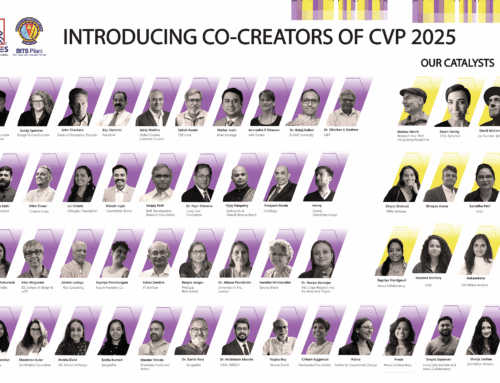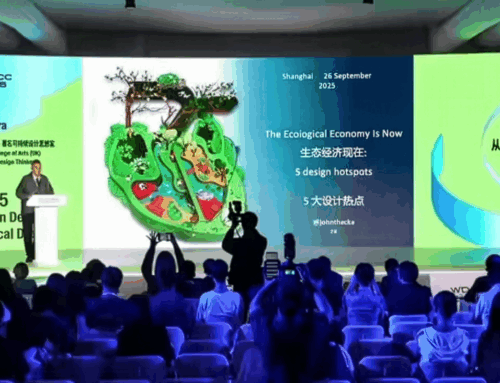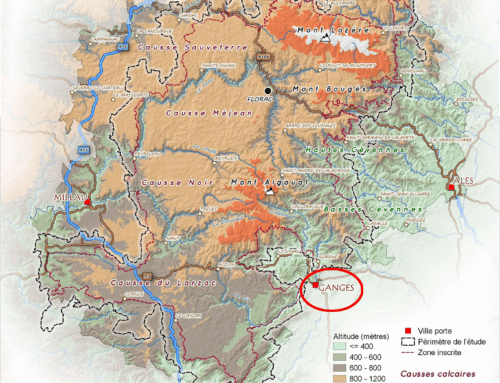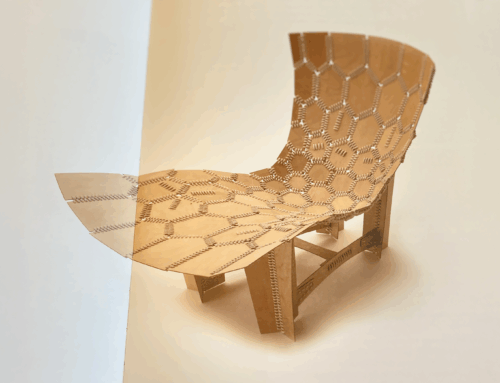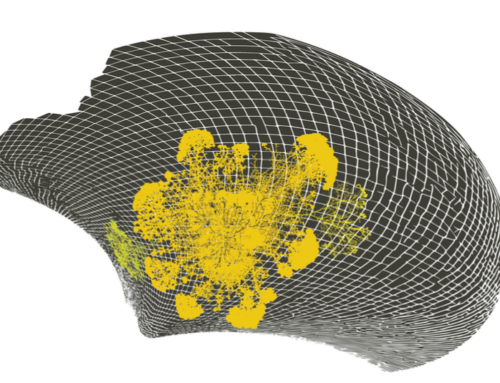On Saturday 12 December, together with Mansi Gupta, I’m running a workshop at the UnBox Festival in Delhi.
We will develop the programme of a Lab, to be situated at the heart of India’s largest leather-producing region, that will develop products and services that combine clean forms of leather making with direct connections between between producers and customers.
In preparation for UnBox, the leather ecosystem of Kanpur – its people, skills, and cultures – will be documented in a publication and short film.
Kanpur, an industrial city on the banks of the Ganges River, is India’s largest leather producing hub. Although often criticized for polluting air and water systems, the city’s factories, tanneries and other leather enterprises also provide jobs and livelihoods to over 250,000 people.
Also, leather making was not always a toxic activity: in pre-industrial times, people used natural materials and processes to make soft and durable leather.
With demand for sustainable fashion exploding worldwide, there’s a huge opportunity to innovate new forms of leather making in Kanpur that combine the best of traditional techniques with new scientific and technological approaches to clean production.
The result can be new forms of livelihood and enterprise that connect producers to new markets – and the emergence of a more mindful and mutually respectful relationship between the people who make things and they people who buy them.
Taken together, the activities of the Kanpur Leathershed Lab add up a new story about the leather industry and the people who work in it. In the medium term the idea is to writers and photographers tell this story will be told in an evocative and compelling way by.
For the first time, leather workers will have a name, a face, and a presence at the centre of the story.
Documenting the people and work inside individual factories, and sharing these stories with customers and partners worldwide, will support the emergence of new and positive ways of sustainable making.

